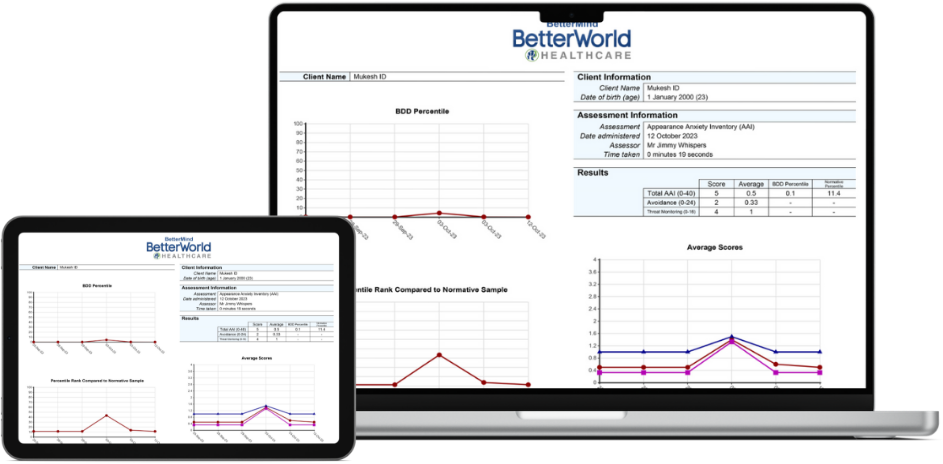Autism Spectrum Screening Questionnaire (ASSQ)
Assessments
Description
The ASSQ is a 27 question test filled in by parents or teachers of children or adolescents(6 to 17 years of age). It is designed to be an initial screen for Autism spectrum disorders and especially Aspergers syndrome in those with normal IQ or mild retardation. Each question has three possible answers; No, Somewhat, and Yes, and each question has a score from 0 to 2.
Validity
In a sample of 87 boys and 23 girls aged 6 to 17 it was found that Aspergers validation sample scored an average of 25.1 (SD 7.3) (Ehlers, Gillberg, Wing, 1999). These scores were similar to those of the autism spectrum disorder group in the main sample. The subjects in the validation sample were independently diagnosed with Aspergers by a psychologist specializing in the disorder and a child psychiatrist. Moderately and severely mentally retarded children were excluded due to the fact that the ASSQ does not tap features characteristic for such low-functioning subjects. Convergent validity was determined by a Pearson correlation between parent ratings on the ASSQ and Rutter scale was r = .75 n = 107; p < .0001. The mean interrater difference (i.e., between parent and teacher scoring) on the ASSQ (paired t test) was -1.96; t(104) = -2.39; p = .0188. No significant gender differences or differences across normal and intellectually disabled subjects were found regarding mean total score on the ASSQ.
Interpretation
Results consist of a total score and a percentile based on Ebler, Gillberg and Wing (1999) sample of Asperger’s children. High scores indicate that many characteristics of Asperger’s were reported. A percentile of 50 would indicate that this individual had, on average, the same score as the validation sample who were independently diagnosed with Asperger’s. This test is not diagnostic. A cutoff score of 13 was shown to have a true positive rate of 90% and a false positive rate of 22% (Ehlers, Gillberg, Wing, 1999). See developer reference for further details.
Developer
Ehlers, S., Gillberg, C., & Wing, L. (1999). A screening questionnaire for Asperger syndrome and other high-functioning autism spectrum disorders in school age children. Journal of autism and developmental disorders, 29(2), 129-141.
Try it and see how BetterMind can enhance your practice

Support
Frequently Asked Questions
You’ve got questions, we’ve got answers. Below you can find answers to some of the most frequently asked questions. If you can’t find the answer you’re looking for, please feel free to reach out to us at info@betterworldhealthcare.com.
I can’t open test results within the Web Browser
Assessment result PDFs are opened in a new tab within the web browser. If you click the results but they do not open, your browser will be blocking the popup. To resolve this, after you have pressed the test result, look out for an alert at the top of your browser notifying you that a pop-up has been blocked, then click "Allow".
I have forgotten my password. How can I reset it?
If you have forgotten your password please press “forgot password” within the app, or on the Web Browser App login page (https://app.bettermind-app.com/login). You will receive a new temporary password via email.
Can a Practitioner access BetterMind from their Smartphone?
No, A Client /Patient can answer assessment questions on a smartphone but the Practitioners/ Users can't administer BetterMind using a Smartphone. A computer, laptop or tablet will have to be used.


